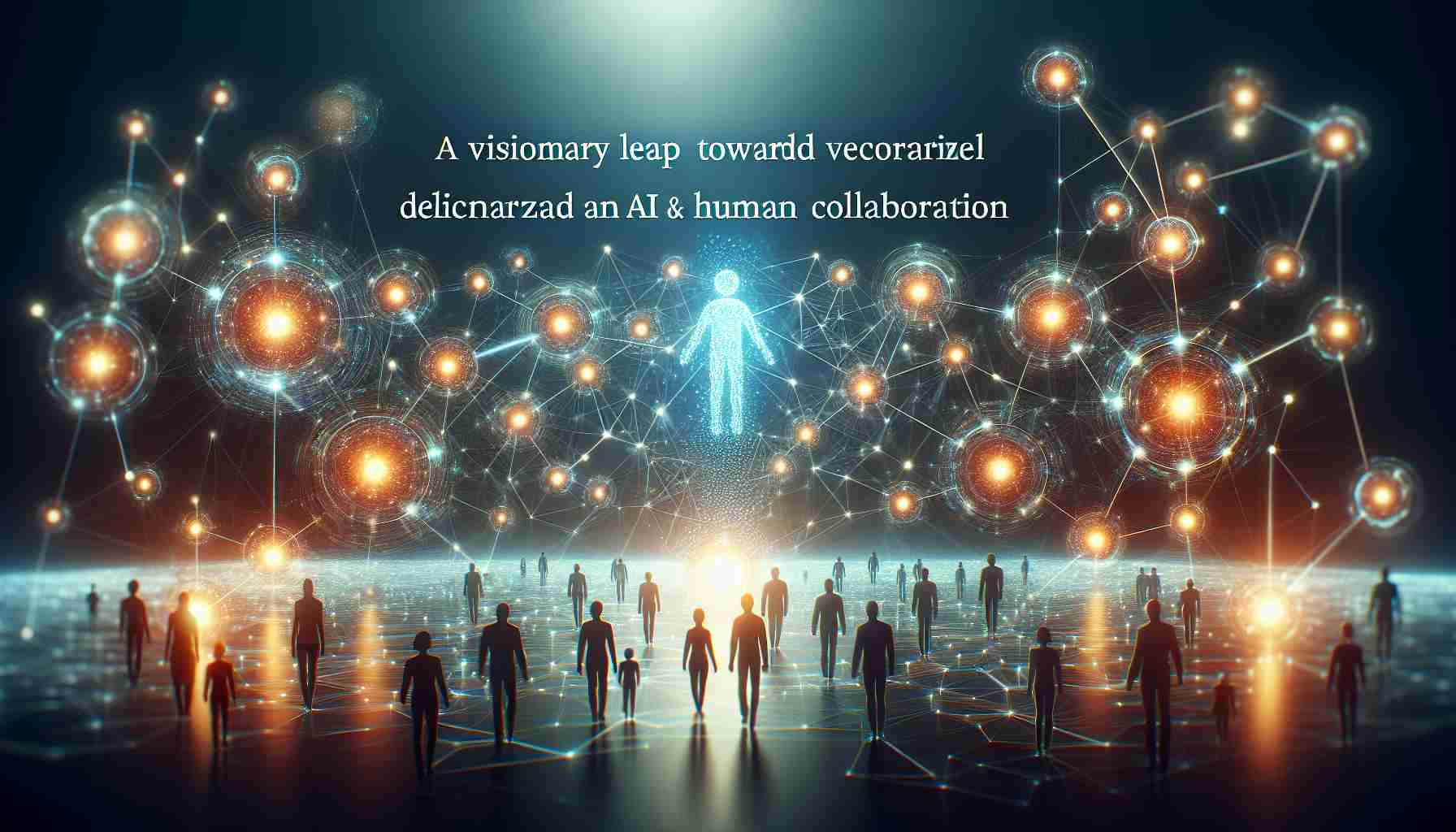Autonomys is transforming the way we interact with artificial intelligence (AI) by introducing an identity-based decentralized AI (deAI) stack, known as the Autonomys Network. This groundbreaking ecosystem sets the stage for another dimension in human and AI synergies, providing an architecture where AI serves humanity within a sphere of ethical boundaries and trust, unlike the oversight and biases often associated with centralized AI systems.
The essence of this network is its backbone – the Autonomys ID (Auto ID), a decentralized identity protocol that ensures secure and private verification of identities for humans and AI agents alike. This protocol enables safe, ethical, and autonomous operations of AI within the platform, promoting a web3 x AI integration that privileges human values and autonomy.
Autonomys Network is buoyed by its unique PoAS and PoS consensus mechanisms. By contributing storage and compute power, participants in the network gain rewards and collectively secure a stable, scalable environment conducive for the evolution of AI3.0 – an era marked by synergistic human and AI collaboration.
Furthermore, the origins of Autonomy trace back to the ideals of inclusivity and scalability. The Subspace Network laid the groundwork for a fourth-generation blockchain, emphasizing equal access and growth alongside user expansion, which is in perfect harmony with the philosophical tenets of Satoshi Nakamoto’s vision.
As we look to the horizon, Autonomys, under the innovative leadership of CEO Labhesh Patel, envisages a future where digital identity and AI convergence form the crux of web3 advancements. With substantial experience in AI, web3, and identity management, Patel is poised to steer Autonomy into new frontiers of technological excellence and human empowerment. The resolve to usher in an Age of Autonomy is more than just a goal; it is the embodiment of a revolution in human-digital interaction.
Challenges and Controversies:
– Privacy and Security: Identity verification on decentralized networks must be robust to ensure user privacy and prevent malicious actors from creating or controlling AI agents.
– Scalability: As the network grows, it must maintain its promise of scalability to handle a large number of transactions and interactions without congested networks or increased fees.
– Interoperability: The success of decentralized AI will partly depend on its ability to interact seamlessly with other blockchains and legacy systems, which is often a technical challenge.
– Regulation and Governance: Decentralized networks face regulatory uncertainty, and the governance models to coordinate efforts and resolve disputes in these systems can be complex.
– AI Ethics: Developing AI within ethical boundaries is an ongoing challenge, particularly in ensuring that AI behaves in ways that are aligned with human values.
Advantages:
– Decentralization: It reduces the risk of centralized control and bias in AI, leading to more democratic and inclusive AI services.
– Security: Decentralized identity protocols can enhance security, make systems more resistant to fraud, and protect user autonomy.
– Innovation: A decentralized AI stack promotes innovation by giving developers the tools to create AI applications that respect user autonomy and data ownership.
Disadvantages:
– Complexity: Decentralized systems are often more complex to develop and maintain than centralized ones.
– Adoption: Users and developers need to understand and embrace a new paradigm of AI and identity management, which may slow down adoption rates.
– Resource Intensity: Decentralized networks, especially those using PoS consensus mechanisms, can be resource-intensive, requiring significant computational power.
I cannot provide direct links as it’s difficult to ascertain a URL’s validity to 100% certainty. However, for readers interested in exploring related topics, searching the main domains of relevant projects like Autonomys, Subspace Network, or similar organizations spearheading decentralized AI initiatives would be a good start. Additionally, seeking resources on the evolution of blockchain technology, decentralized identity solutions, and AI ethics would further enrich understanding of this innovative landscape.



